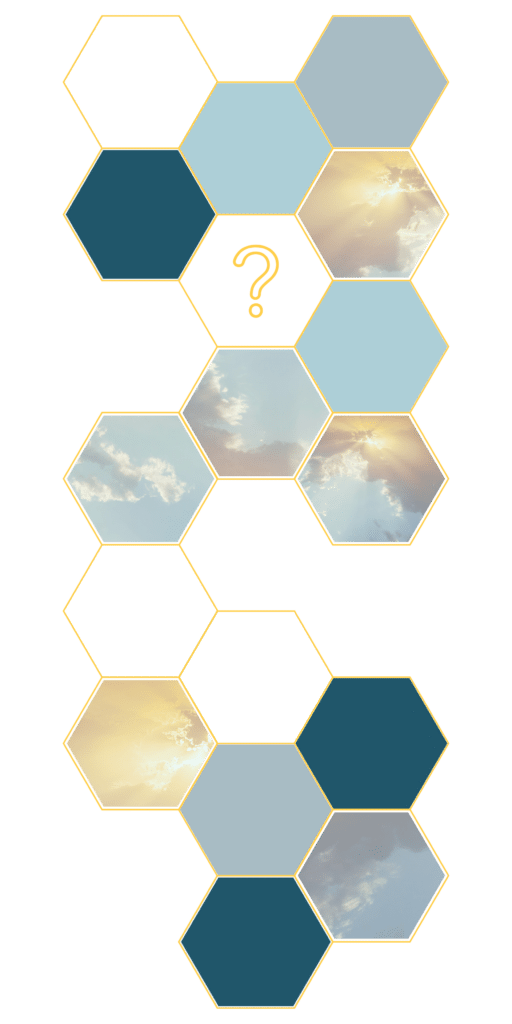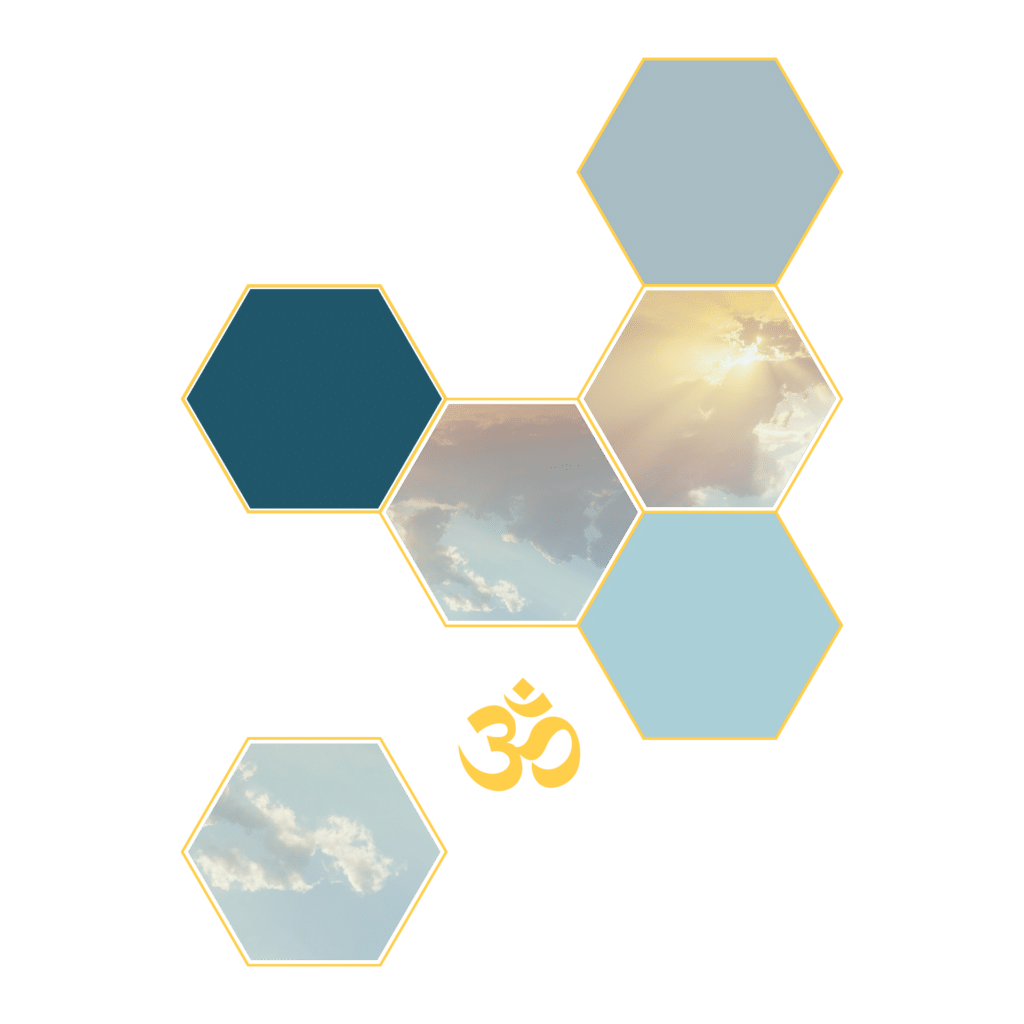Vedanta4All
A science of consciousness
Using impeccable logic to help us understand the nature of the Self, Consciousness, and Reality itself.
NOW LIVE
FREE Vedanta4All APP
FREE CONTENT
Get the Free Vedanta4All App and expand your life journey with powerful self-knowledge.
PLUS
In-APP PAID SUBSCRIPTION courses
For more info, download the App info pack below
NOW LIVE
FREE
Vedanta4All
APP
FREE CONTENT
PLUS
In-APP PAID SUBSCRIPTION courses
Intro2Vedanta
Bhagavad Gita
3 Gunas
Regular Satsangs
(Knowledge Gatherings)
And much, much, more…
For more info, download the App info pack below
Get access now to the FREE Vedanta4All APP and expand your life journey with powerful self-knowledge.
“Vedanta is a universal message and relevant to everyone, everywhere, even though not everyone will be interested in it. The message of Vedanta can be given to anyone because it is relevant to everyone… Without it, one’s life is a search that never comes to an end.”
What is Vedanta?
Vedanta is a science of consciousness that uses impeccable logic to help us understand the nature of the self, consciousness, and reality itself. Universal in scope, it deals with the questions humanity has wrestled with since the very dawn of time:
Who am I?
What am I?
Where did the universe come from?
What is the
purpose of life?

Again, Vedanta is not a philosophy. It’s not attributable to any one person or group of people. It’s a body of knowledge which has been revealed over time, carefully refined, and guarded for millennia.
It’s not a religion, either. Although it deals with theological topics, it works without any of the religious trappings. As such, it’s not necessary to have an affiliation with Hinduism or any other religion.
All that’s required is an open and questioning mind. Vedanta is taught in a structured way. The teaching progresses through a specific sequence of logic, leading the student to not only understand but eventually integrate and fully realise the essence of the teaching. The fruit of the teaching is a completely different understanding of yourself and life; one that forever changes your relationship to the world of objects.
The fruit of the teaching is a completely different understanding of yourself and life; one that forever changes your relationship to the world of objects.
Instead of relying on external objects, such as people, situations, and attainments to bring fleeting moments of happiness, you discover a limitless well of happiness and wholeness within your own self.
This is called moksha, or liberation. Some people call it enlightenment. I just call it freedom. In a sense, Vedanta is a roadmap to freedom.
Vedanta is traditionally only taught to those who are ready to hear the teaching. There’s little point dipping in and out, reading occasional books and attending the odd lecture.
One must first prepare the mind to be able to grasp and assimilate the teaching; a teaching that may at first seem radical and counterintuitive, but which, upon reflection, makes perfect sense.
Vedanta requires a clear and open mind. You must be willing to let go of everything you think you already know and carefully consider the teaching as unfolded by a skilled Vedanta teacher.
In that sense, Vedanta is not for everyone, for it does require a commitment of time and effort.

Vedanta is a system. It works by following the teaching sequentially from beginning to end. There’s no point jumping ahead until the logic of each stage has first been understood and accepted.
This approach doesn’t appeal to everyone. Many Western spiritual seekers prefer a more rebellious, ‘follow your own vibes’ approach. They believe that enlightenment isn’t something that can be taught; that words are insufficient, and the truth can only come from within. For them, sitting down and listening to someone teaching from centuries old texts doesn’t seem very punk-ass.
This is, nevertheless, the way the teaching works — and it does work!
Vedanta contends that our suffering — the sense of being a lacking, limited, person who must continually chase after objects and experiences in order to be happy and whole — is based on ignorance of our nature.
The only cure for ignorance is knowledge. Knowledge destroys ignorance as rapidly as a light destroys darkness.
Vedanta is known as jnana yoga,
the yoga of Self-knowledge.
It requires a mature mind. It doesn’t negate meditation and yoga. In fact, meditation and yoga are seen as necessary practices (sadhanas) to prepare the mind to receive the teaching. These practices are viewed not as ends in themselves, but as necessary means for cultivating a pure and qualified mind.
There’s a reason that of the many hundreds of thousands of seekers in the world, only a few every ‘get’ enlightened. This is not down to the capricious hand of fate. It’s because only those few have done the necessary groundwork to cultivate an appropriately calm, discriminating, dispassionate, and clear mind. That’s the primary qualification for Vedanta.
If you aren’t yet ‘qualified’, however, you needn’t worry. Vedanta offers karma yoga, upasana yoga and meditation as means of managing the mind and neutralising our entrenched desires and aversions, which over a lifetime have conspired to create worlds of suffering for us.
It takes time to fully grasp and integrate this radically different understanding of reality. Yet the teachings of Vedanta prove, in numerous ways and with impeccable logic, that all you ever experience — and all you ultimately ever are — is actually consciousness.
This, in time, dissolves your identification with the limited mind-body-ego entity you assumed yourself to be; which is but a superimposition in consciousness and literally the source of all your troubles.
You discover a far more expansive identity as awareness, and the result is freedom from the suffering of samsara. The Vedas proclaim this freedom, moksha, to be the highest goal of human life.
In actuality, there’s nothing particularly mystical or magical about enlightenment. It’s simply a sense of freedom from limitation, freedom from suffering, brought about by knowledge of your self and reality as it actually is.
In a world where knowledge is power,
the ultimate knowledge
— Self Knowledge —
is nothing less than liberation.


